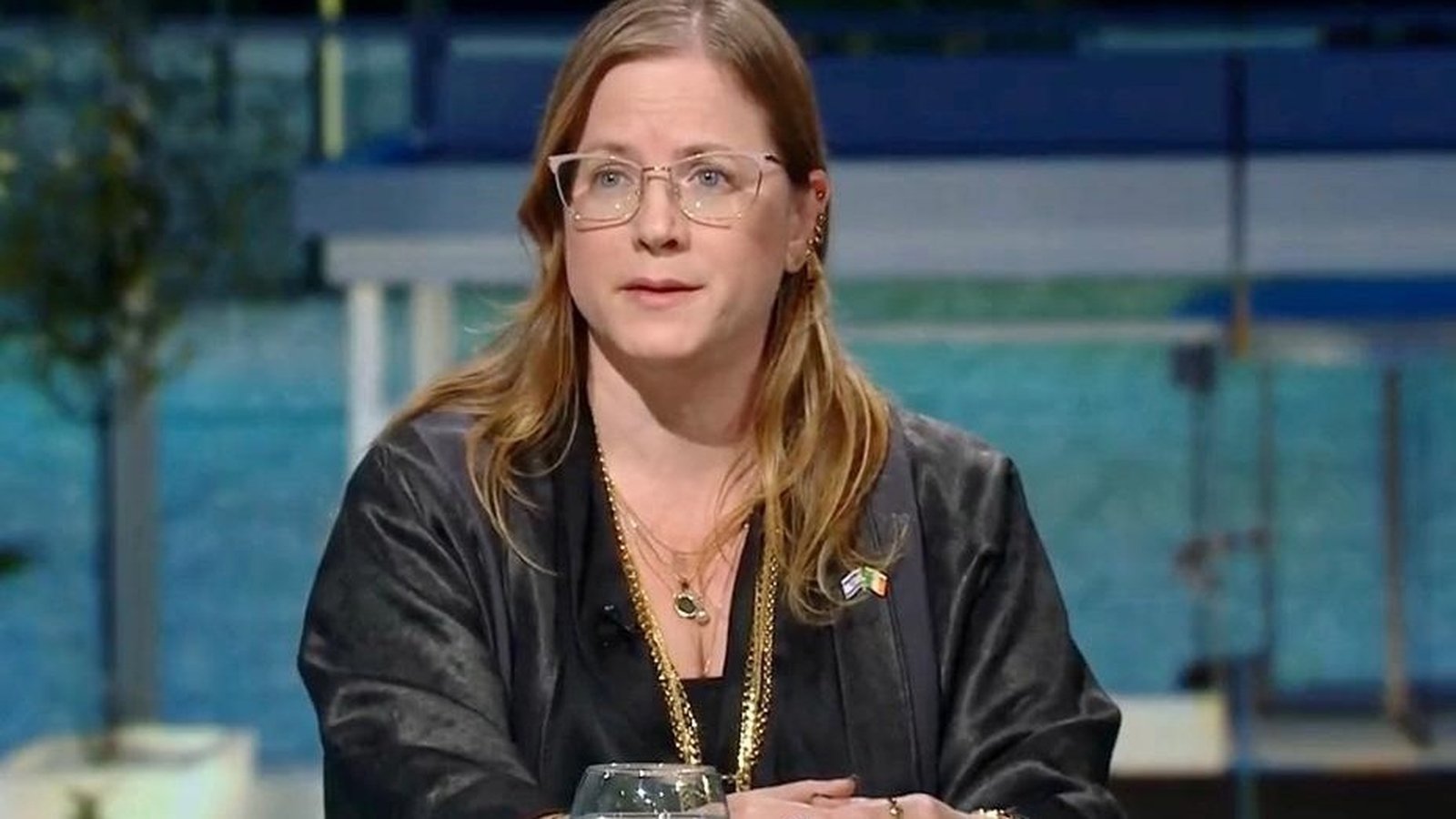Israel’s ambassador to Ireland has warned that a crisis in bilateral ties over Ireland’s plan to recognise a Palestinian state sends the wrong message about Ireland as a tech hub and is worrying Israeli investors in the Irish IT services sector.
Speaking in Jerusalem, where she has held Foreign Ministry consultations after being recalled from Ireland in protest, Dana Erlich voiced hope of returning to Ireland, though said she saw its government as siding with Palestinians against Israel.
The statehood recognition is due to be formalised tomorrow by Ireland in conjunction with Spain and Norway. The United States and some other European countries favour first reviving negotiations on resolving the conflict.
The move by Ireland, Spain and Norway was denounced as a “reward for terrorism” by Israel, which is waging a devastating Gaza war in response to the 7 October cross-border rampage by Hamas.
Ms Erlich said all aspects of Israeli-Irish ties were under review but stopped short of predicting further action by her government, which has continued sparring with Madrid.
“Ireland is not neutral or an honest broker in this case, because they are very supportive of the Palestinians. But what we are saying (is): This is not the time for such announcement on recognition,” Ms Erlich told Reuters in an interview.
Read more:
Attack on Rafah refugee camp ‘barbaric’, says Tánaiste
Israeli attack on Rafah prompts global outcry
The Irish Government has said recognition of Palestinian statehood may benefit Israel by reviving stalled peace-making.
Many Irish sympathise with Israel “behind the scenes”, Ms Erlich said.
“I think there is a lot of potential in our bilateral relations, if it’s cybersecurity or health care, climate change. I hope to be given that opportunity to continue that.”
But she said a public mood of hostility, which some Jews deem antisemitic, is making Israelis question their place in Ireland – a threat to tech services that account for the lion’s share of some $5 billion in annual trade between the countries.
“We are getting more and more phone calls and conversations of concerned people – if it’s Israelis who invest in Ireland and are concerned about their investment, if it’s Israelis who have relocated to Ireland into different tech companies and either are requesting to be relocated somewhere else or asking to return to Israel,” Ms Erlich said.
“I think it sends the wrong message about the location and the centrality of Ireland as a tech hub when there are more and more people who are concerned about moving to Ireland. I don’t think that this is the message that Ireland wants to send to the world… And this is not what we want to see.”
The business connection has already been hit by the decision announced on 5 February by Israel’s national carrier, El Al, not to renew direct flights to Dublin that were launched last year, citing changes in customer demands since the Gaza war.
The Government has rejected calls by pro-Palestinian activists to impose sanctions or an economic boycott on Israel.
But on 5 April, Ireland said its €15 billion sovereign investment fund would divest from six Israeli companies, including some of its largest banks, over their activities in the occupied Palestinian territories.
The Gaza war broke out a month after Ms Erlich arrived in Dublin, plunging her into 24/7 crisis-management and outreach.
“There are many similarities between Ireland and Israel that I’m curious to learn more about – if it’s a reviving of an ancient language, if it’s the diaspora, if it’s the different scenic options,” she said.
“And I hope to be given that opportunity to continue exploring Ireland. But right now, we need to address our concerns.”

